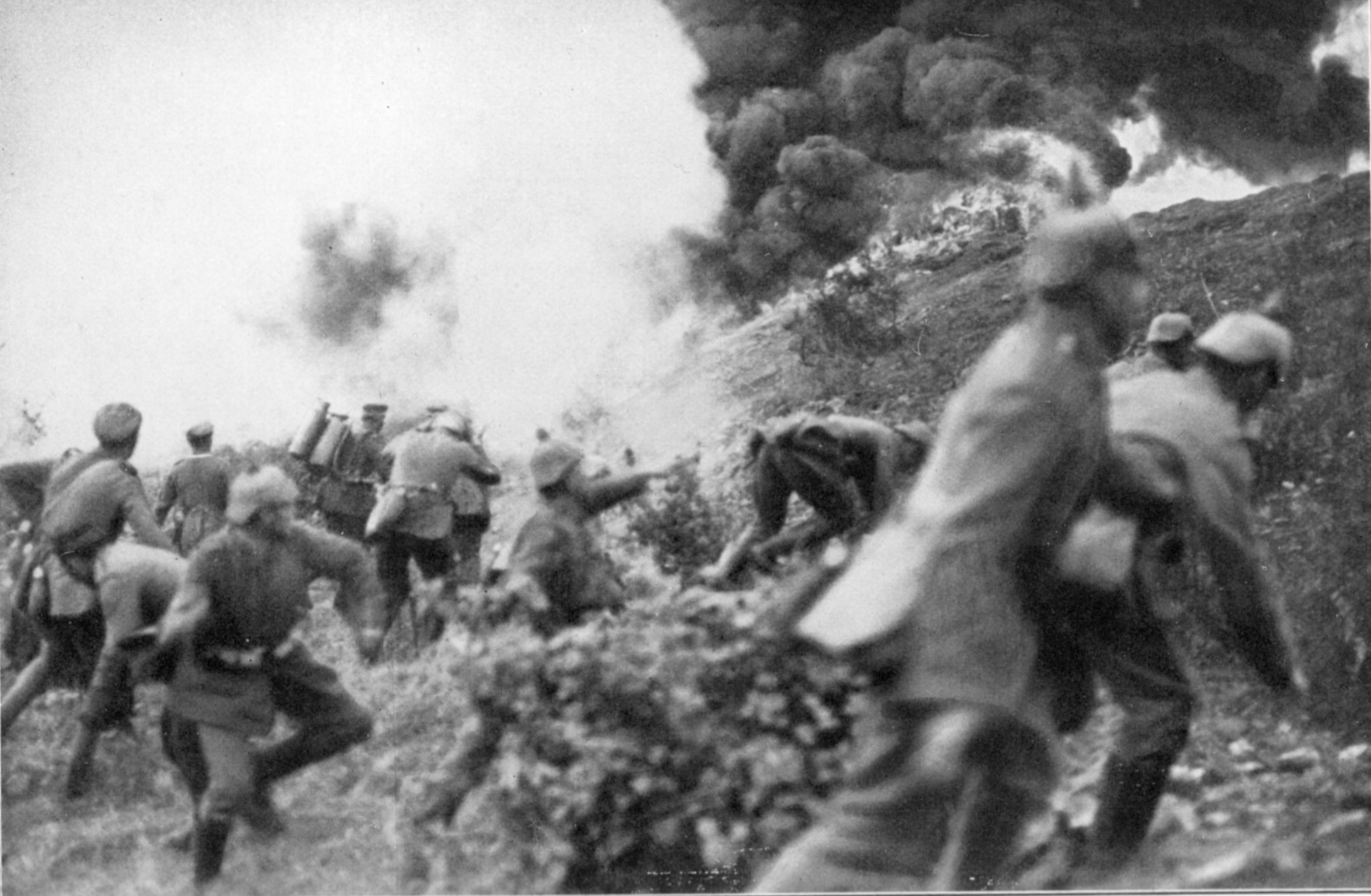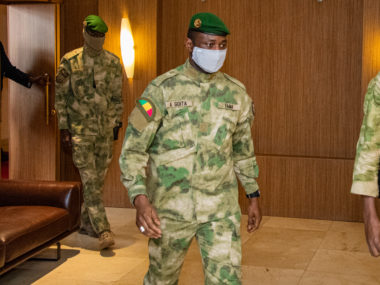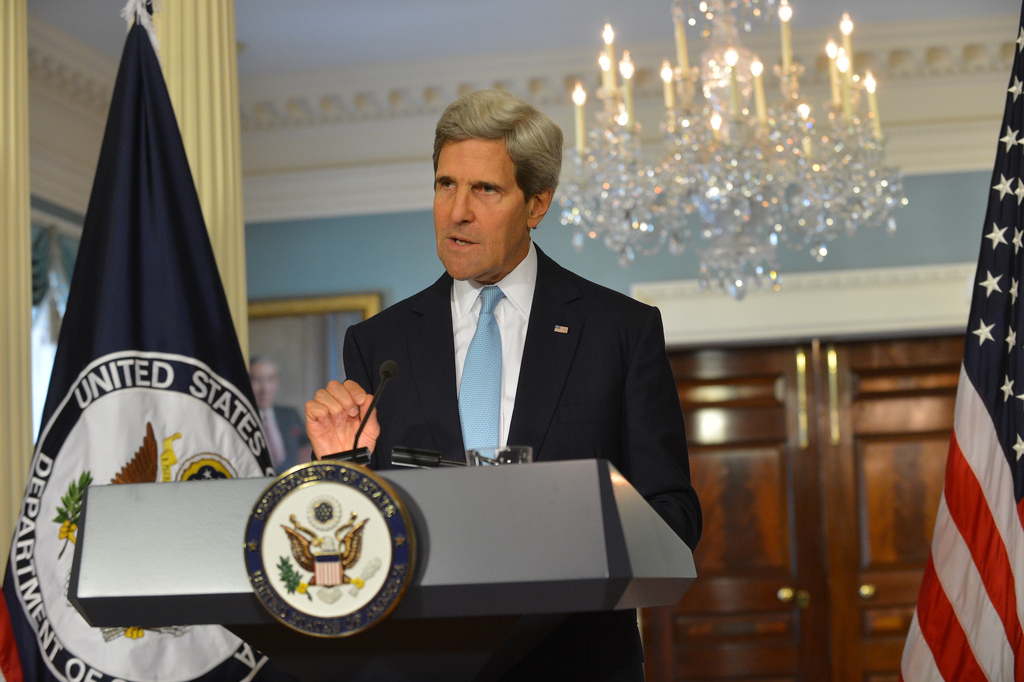
The Imperial German Chief of Staff Erich von Falkenhayn is said to have intended to bleed the French white at the Battle of Verdun. The French held at Verdun, and in that sense Falkenhayn’s attrition strategy can be said to have failed. Nevertheless, it was based on some reasonable assumptions: Germany had a manpower advantage over France, both in total numbers and rate of growth. Germany also consistently killed enemy soldiers at higher rates than they killed Germans. Moreover, attrition strategies are sometimes effective: casualties build and build, with no apparent benefit to either side until, suddenly, one side’s resolve or resources are exhausted.
In his excellent working paper, Harvard graduate student Jeff Friedman identifies a general class of cumulative causal processes that differ from the more common (or more commonly recognized) class of repeated causal processes. He calls them “breakthrough problems.” In repeated processes, the effects of a policy are consistent in each time period; long-run consequences can be reliably judged from short-term effects. Breakthrough problems are different. A consistently applied policy may fail to work period after period until suddenly its accumulated effects produce a major change.
Friedman’s insight has important implications for the way we think about war. The dominant theoretical approach among political scientists over the past decade and a half is based on the so-called ‘bargaining framework,’ in which warring parties go through a series of discrete stages, each of which conveys important information about the strength and determination of the other side. Once the two sides’ beliefs about the likely costs and outcome of the war converge sufficiently, they should be able to conclude a bargain that ends the war and gives each side what they would likely have won (or lost) without paying the additional costs of fighting on.
But, what if war works more like a breakthrough problem than a bargaining problem? Fighting might not convey much useful information at all. In fact, Friedman shows formally that in breakthrough problems rational actors can become increasingly optimistic about the likely success of their strategy as time passes without success. This sounds a little crazy when you first think about. But, Friedman points out that if you are in the middle of a breakthrough problem, much of the total cost of getting to a breakthrough is already sunk (so you shouldn’t care about it), and your remaining cost until the breakthrough is achieved keeps falling. That’s a reasonable basis for optimism.
Friedman applies this insight to a dataset he built about the American Indian Wars. This is a nasty business, but he makes a reasonable case for thinking of these wars as breakthrough problems in which all tribes eventually gave in once English or American forces imposed enough damage on them. The strategic problem is that the English and Americans had little objective basis for judging which tribes could sustain a large amount of damage and which would give in quickly. In the small number of instances in which the tribes held out for many years, this attrition strategy might appear irrational. But, if these wars were truly breakthrough problems, then the English and Americans were right (in purely instrumental terms) to be optimistic year after year that their approach would eventually work. With the benefit of hindsight, we know they were correct.
What about Falkenhayn? Let’s assume for the sake of argument that WWI battles, and the war overall, were breakthrough problems (after all, the Entente did eventually achieve a breakthrough). At Verdun, German optimism over months and months of unprecedented slaughter achieved nothing more than a pitiful few kilometers of territory. Ultimately, it was German resolve to continue the offensive that buckled.
To my mind, all this suggests a central role for uncertainty in the analysis of war, something the bargaining framework has largely banished. Falkenhayn appears to have faced uncertainty over not only French strength and determination, but also that of his own army and political system. If that’s correct, then rationality may yield less in the way of understanding war than the most recent generation or two of political scientists have tended to think.
Friedman apparently has quite a bit more to say about breakthrough problems in his Harvard dissertation. I’ll be interested to see how far down the rabbit hole he goes.







1 comment
This is a nice paper, but it is a mistake to formulate the contribution as an alternative to bargaining theory. What the author calls a “breakthrough war” is essentially a war of attrition. The author claims that as war progresses one side can become more optimistic, because the “estimated remaining cost” (ERC) of defeating the enemy is decreasing. The problem stems from confusing “ERC” with “optimism”. What is optimism? It is a belief on an uncertain quantity which is either the enemy’s resolve or its probability of defeating you in an all-out war. Suppose it is the former (Fey and Ramsay says it matters, but leave that aside for now).
Suppose you are Hitler in 1940 and you believe that Stalin will capitulate after losing 15 million men. You start killing Russians in 1941 and by 1944 you have killed 15 million. Russia does not capitulate. Now, on the one hand Germany’s ERC in 1944 is lower than in 1941, simply because there are fewer Russian soldiers left on this earth. Are you more “optimistic” than in 1940 in the sense that you now believe Russia is “less” resolved you used to? No. You just observed that Russia is not the type of enemy that capitulates at 15m casualties. The rational response is to update your initial belief about Russia; Russia is more resolved than you thought.
Friedman is correct that Germany’s inability to defeat Russia after killing 1 or 5 or 10m Russians need not make Germany less optimistic if Germany’s initial belief is “Russians will not capitulate before losing 15m soldiers”. That is not important. This is still a screening process.
Why does this matter? As Hitler and Napoleon found out in Russia and the US realized in Vietnam, winning a war is not only about killing the other side, it is about killing the enemy without losing too many of your own soldiers. If you observe your enemy is more resolved or capable at killing you than you thought before the war, then you become less optimistic about your chances of winning the war. Becoming less optimistic does not mean you immediately stop fighting. You can keep on fighting like the US did against the Indians or Napoleon did against Russians. Whether you keep on fighting depends on whether you have become “pessimistic” enough.
PS: Bargaining models of war do not predict a monotone updating process either. You might get lucky in your first battle against an otherwise capable enemy and greatly raise your belief in an easy victory. Over subsequent battles you will lower your belief as you discover your enemy’s true power. The important thing is that over time the two sides’ beliefs will converge.